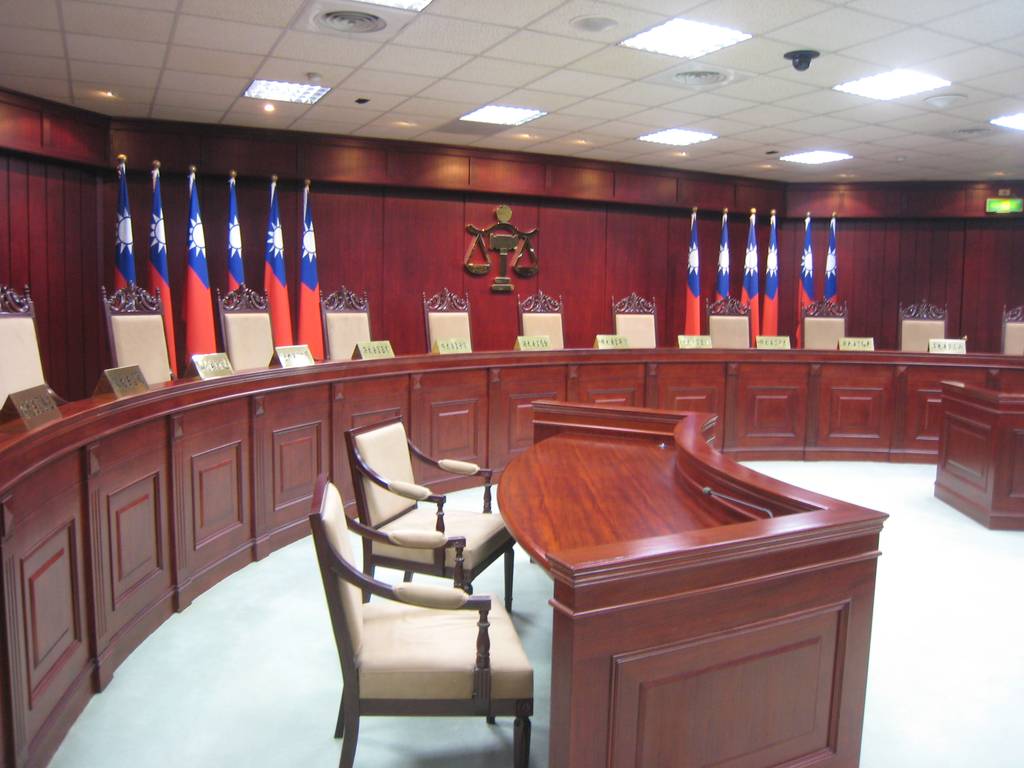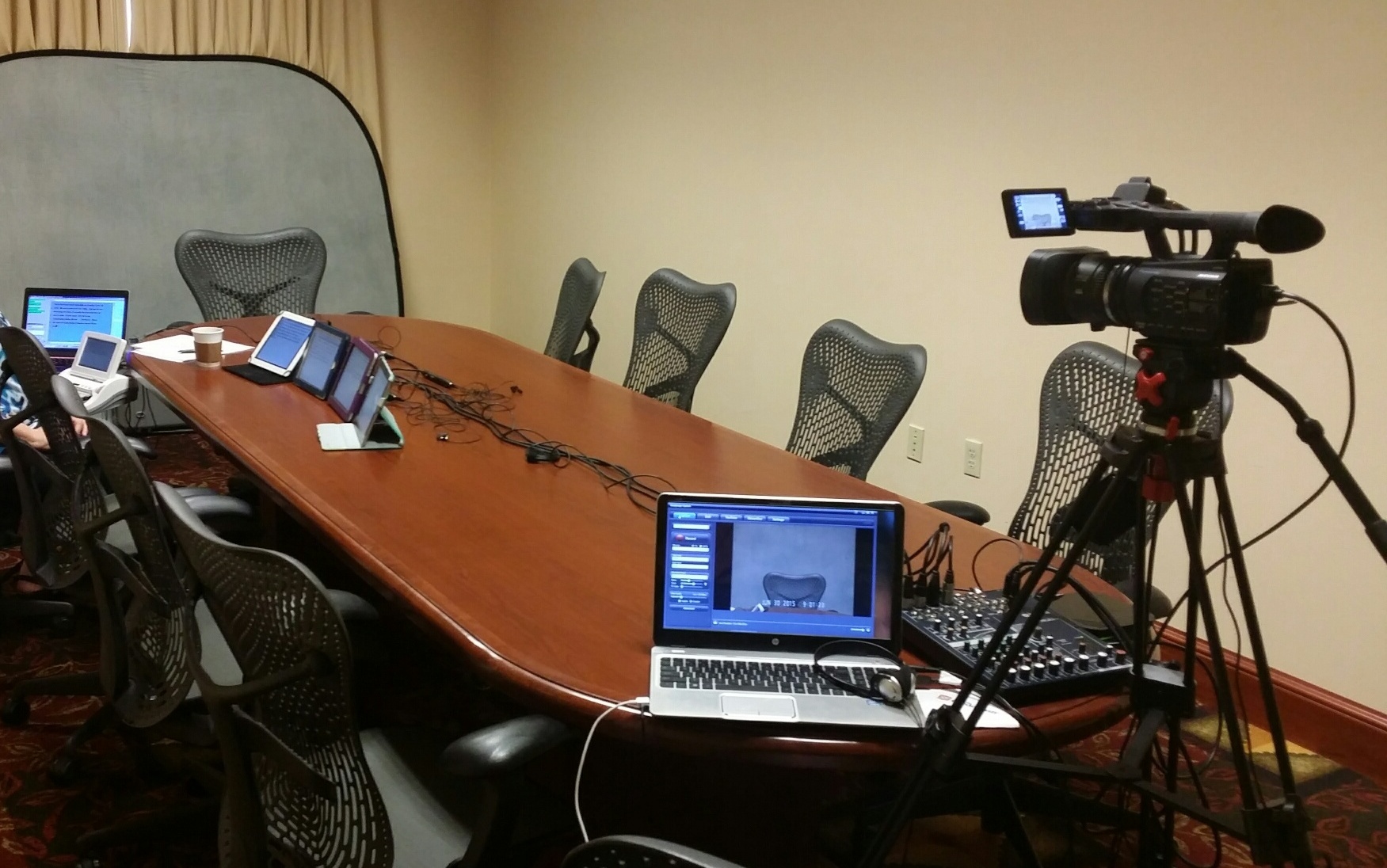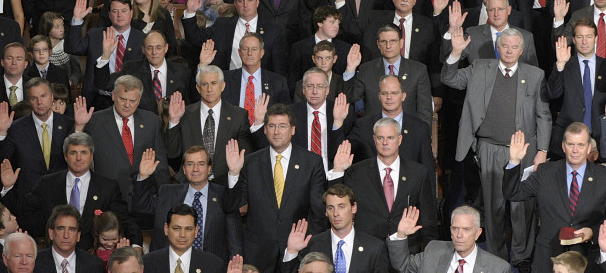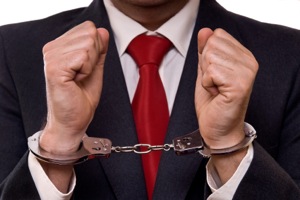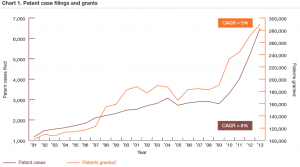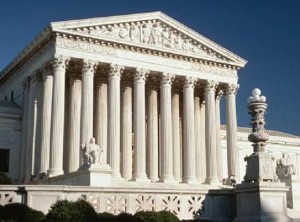The first time I testified in court in Taiwan, I spoke English and the judge translated simultaneously for the attorneys and clerks. After fifteen years here, I speak enough Chinese to direct taxi drivers, but not enough to discuss complex licensing negotiations. Fortunately, our judge earned her law degree in the U.S., is fluent in English and was kind enough to help out.
The second time was different. The judge gave no indication that he spoke English, so the opposing witness and I each brought an interpreter. My interpreter regularly handles Taiwan legal proceedings and rode the subway twenty minutes to get to the hearing, as did I, while our adversary flew a lawyer, translator and witness from London, with the corresponding costs of airfare, hotel, meals and time.
Of course, that was why we sued them in Taiwan. Well, that and the fact that our adversary would be forced to try the case in Chinese, struggling with jet lag, unfamiliar procedures and potential bias, while my client would be comfortably on home turf, using native language, avoiding the hassles and costs of U.S. litigation. But I suppose I should start at the beginning. Continue reading

